Plausible Analytics • Ultimate Privacy Compliant Web Tool
Plausible Analytics is one of the new generation projects build around Privacy First/Cookie-less approach. It is an interesting alternative for Google Analytics users who need web...
Filter by Category
Filter by Author
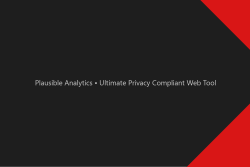
Plausible Analytics is one of the new generation projects build around Privacy First/Cookie-less approach. It is an interesting alternative for Google Analytics users who need web...
Posted by Wojtek Andrzejczak

Hello, my name is Wojtek, I'm an experienced Software Engineer, with many many years of experience in the advertising industry.
Posted by Wojtek Andrzejczak

If you need a technical specialist to technical support to fix your problems, you are in the right place.
Posted by Wojtek Andrzejczak
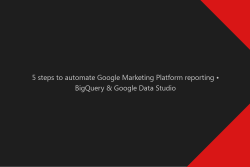
The most difficult part of advertising is reporting. Manually generated reports take a lot of time, and manually combining data in Excel does not help with this task. However,...
Posted by Wojtek Andrzejczak
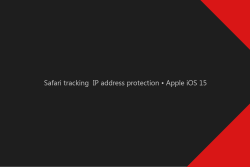
With iOS 15, Safari will block trackers by hiding the user’s real IP address. But how exactly will it work? And what side effects could we expect to see in the campaign...
Posted by Wojtek Andrzejczak
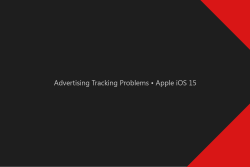
Every year we wait for the Apple WWDC conference to see how they will increase Privacy settings with the new iOS release. And this year, with iOS 15, they did their best to...
Posted by Wojtek Andrzejczak

Since Programmatic Digital-Out-Of-Home (DOOH) is getting more popular, it also brings questions about how we could take an advance it. One of those advantages can be Dynamic...
Posted by Wojtek Andrzejczak
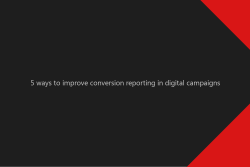
Let’s analyze the five most common reasons we can not track user conversions in our digital campaigns. With progressing privacy protection laws and restrictions, we track...
Posted by Wojtek Andrzejczak
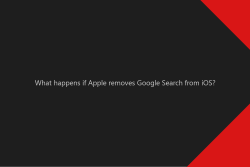
Apple is against other big corporations like Google and Facebook, but what would happen if Apple decides to remove Google Search from iOS? Why should Apple remove Google Search?...
Posted by Wojtek Andrzejczak
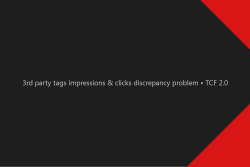
TCF 2.0 as a new source of problems with the campaign discrepancies for 3rd party tags used in the digital campaigns. What is TCF 2.0? Shortly, TCF became a privacy standard to...
Posted by Wojtek Andrzejczak
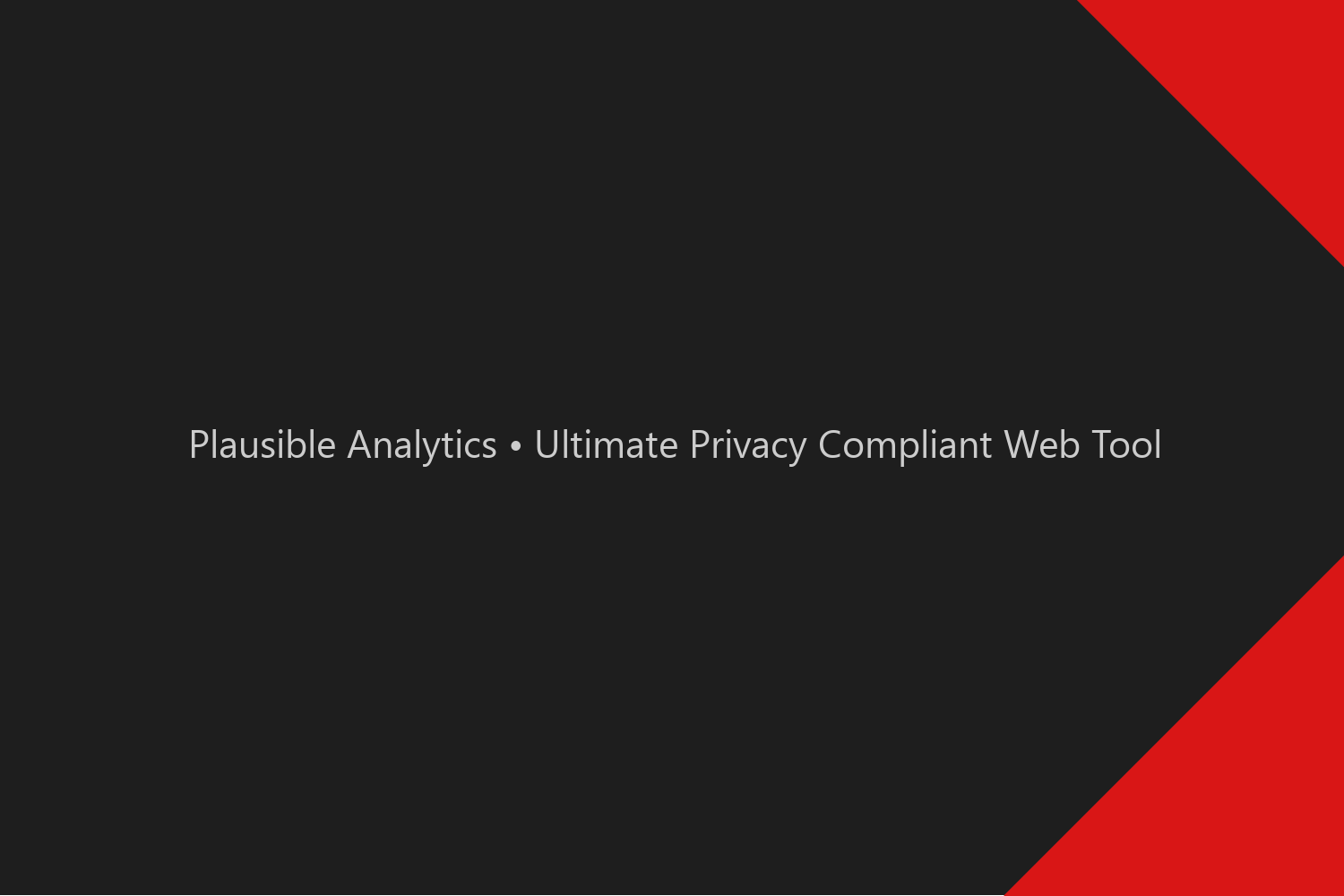
Plausible Analytics is one of the new generation projects build around Privacy First/Cookie-less approach. It is an interesting alternative for Google Analytics users who need web analytics tools but at the same time respect their user’s privacy.
Contents
Plausible Analytics is an Open Source web tool, an alternative to Google Analytics.
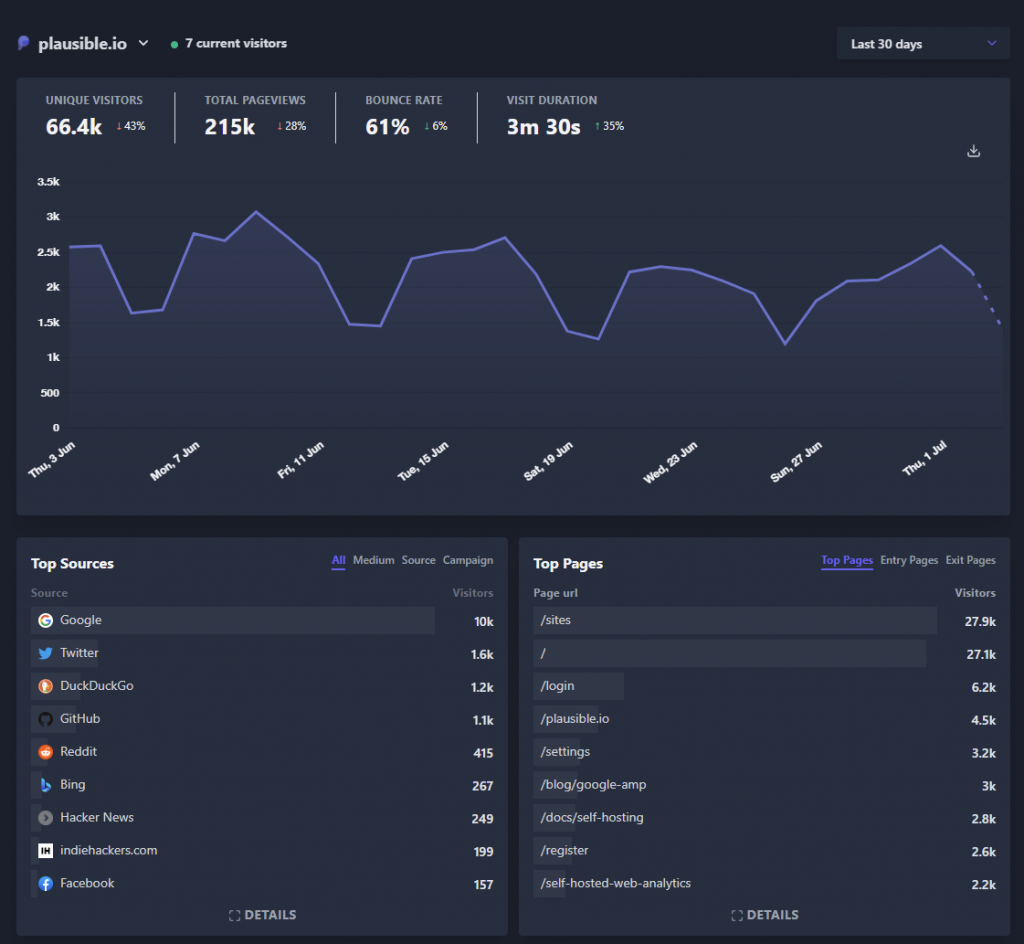
Let’s compare those two analytics systems by looking into their differences.
GA/GA4 uses cookies and unique identifiers to identify the user and all his activities over time.

PA does not use cookies. Instead, what is uses is a daily generated ID, using user IP and User-Agent from the browser. So if you switch to a WiFi network, update Chrome, or open the website tomorrow, the system will assign you a new ID.

It seems that not much is collected, but on the other hand, it is enough for most website owners.
On my website, I’ve:
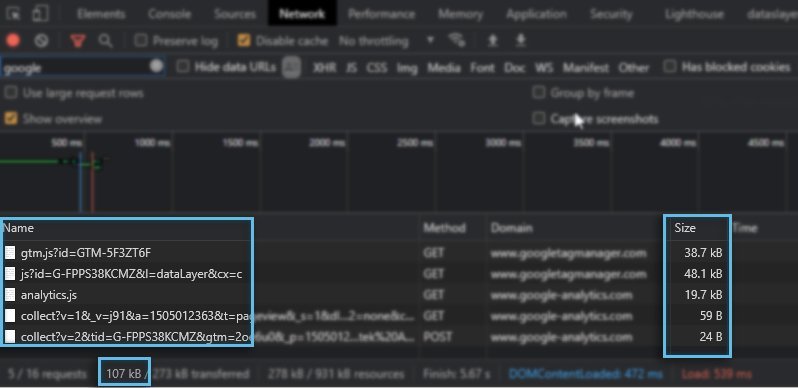
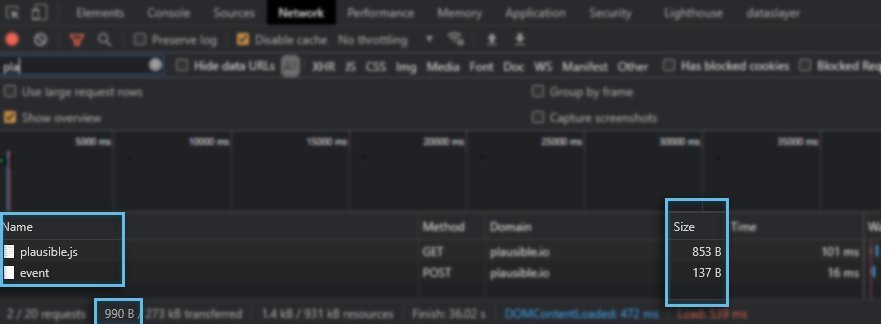
Besides Google Tag Manager, which can manage conversions triggers for Plausible, we see that the size of the Google Analytics scripts is significantly more extensive, which might harm the website’s loading time.
Plausible with 1KB size, it is hard to imagine a scenario that would harm loading time performance.
Ok, but is 20/48KB a lot? For comparison, JavaScript library jQuery, a multi-task tool, is seen as a heavy asset, loads with the size of 31KB (v.3.6.0).
I wonder what magic Google uses with GA4 that is 50% bigger than a heavy jQuery.
PID – Persistent ID, assigned by the website/app for a single user with engagement data from one or more sessions initiated from one or more devices. (Read more)
Yes. You can define your own goals and use UTM parameters for campaign tracking (source, medium, campaign).
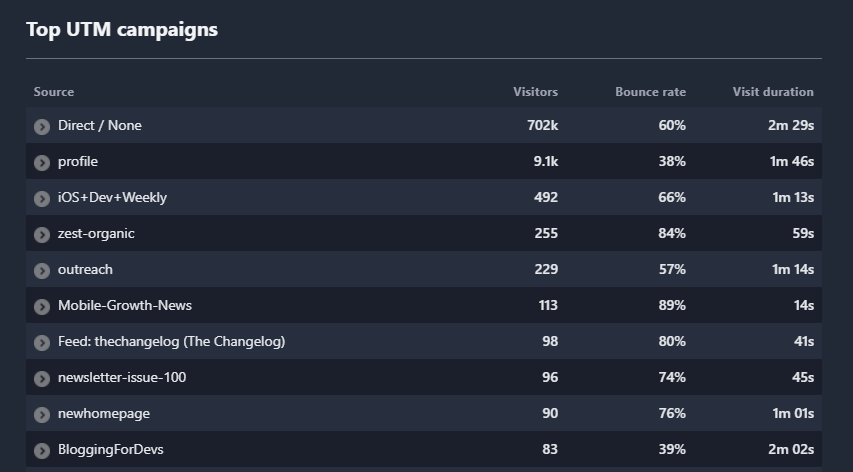
Precisely that is the point. Less user data we collect, the more privacy safe/compliant we become.
On the other hand, if we compare classic GA and the latest GA4, reporting is simplified, with more general user data segments. Which, in my opinion, indicates the future direction of web analytics tools.
Yes, that is true. Plausible Analytics is a pretty new project, but it is getting more attention and support, and as a community, we can impact the development of the features we need.
We live now in exciting times, each ear user privacy regulations and restrictions are getting more and more difficult for the marketing and advertising industry. Everybody tries to find the best solution but at the same time keep the old-style business going. Unfortunately, it does not seems to be a thing.
Plausible Analytics offers a fresh approach which by design respects privacy regulations and also ignores technical limitations (cookies, device IDs, hidden IP, etc.).
Yes, it is a new project in the relatively early stage of development, which can be an adoption problem for a big company/institution. But in comparison, it gives the website owner what Google Analytics can not give, which fully controls user data ownership.
Google Analytics is a great tool, but privacy aspects are becoming more relevant than features software can give to you in the times we live.
Subscribe to our newsletter!
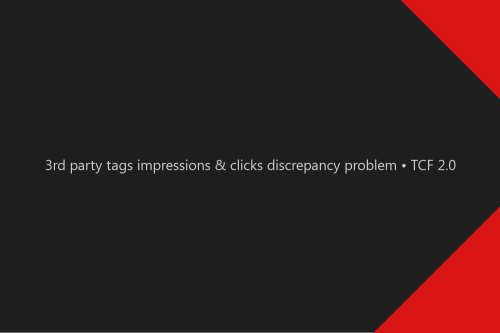
TCF 2.0 as a new source of problems with the campaign discrepancies for 3rd party tags used in the digital campaigns. What is TCF 2.0? Shortly, TCF became a privacy standard to...
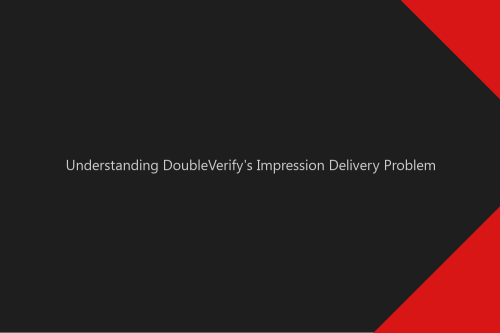
Online advertising has become an essential part of promoting products and services. Companies rely on third-party verification services like DoubleVerify to ensure their ads are...